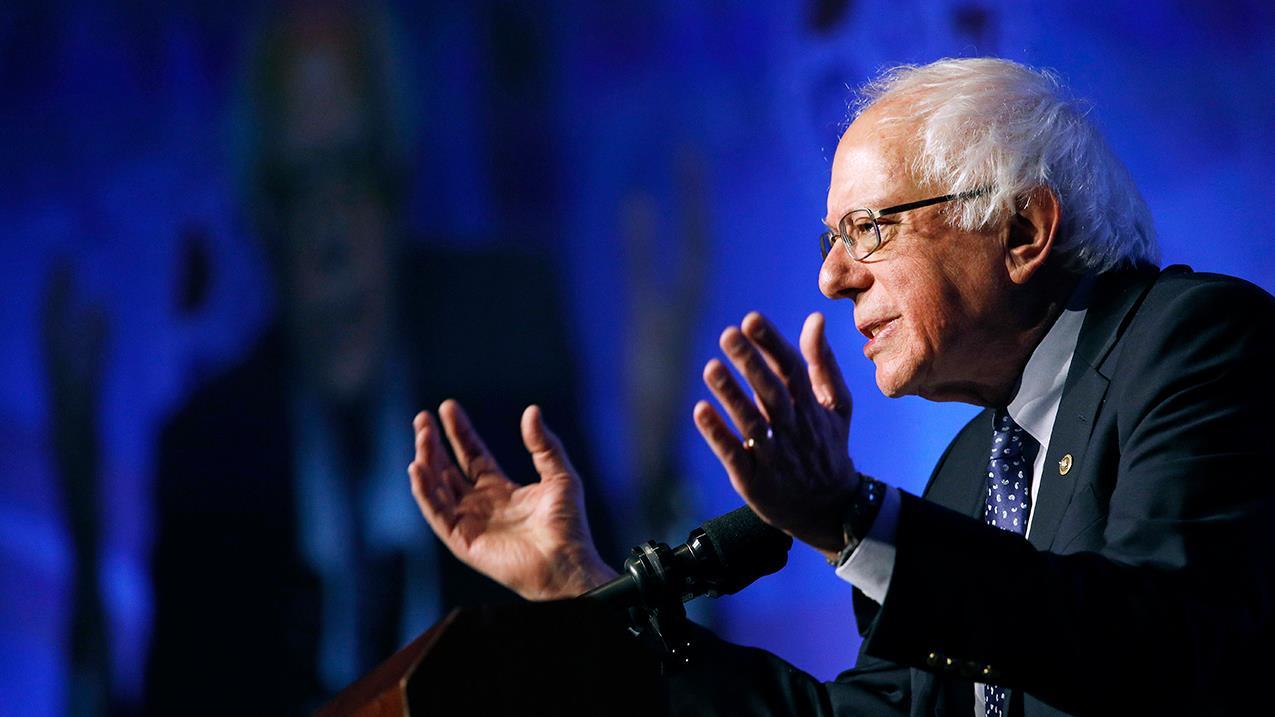80,000 Kaiser employees may strike in October: What it could mean for your health care
As many as 80,000 Kaiser Permanente workers concentrated in California could strike in early October if their union representatives do not come to a deal with the major health care and insurance provider.
Kaiser Permanente and employees have been going back and forth for more than a year over job outsourcing, lack of workforce development and other complaints. The employees, who have come together to form the Coalition of Kaiser Permanente Unions, held demonstrations on Labor Day in California and Oregon.
The Coalition of Kaiser Permanente Unions is made up of members from coalition unions from Hawaii to Maryland, according to its website. The majority of the groups have voted to move forward with a strike, and some have yet to vote. One of the biggest is Service Employees International Union-United Healthcare Workers West (SEIU-UHW) of California.
"They have the resources," SEIU-UHW spokesperson Sean Wherley told FOX Business on Thursday. "They could resolve this today. Instead, their focus has moved over the years from a community-based nonprofit to one focused on piling huge profits and enriching top executives. All the while, they are raising rates on patients, they are underserving patients on Medicaid, and they're attacking the same workers who have made the company so successful."
The health and safety of Kaiser Permanente's members and patients are a top priority, and the organization has contingency plans in place to "minimize disruptions in care" if workers do strike, a Kaiser Permanente spokesman told FOX Business on Thursday.
If workers strike, there could be a ripple effect for other similar organizations, health care entrepreneur Dave Chase told FOX Business. Chase is the co-founder of alternative health care organization Health Rosetta and author of "The Opioid Crisis Wake-Up Call: Health Care Is Stealing the American Dream. Here's How We Take It Back."

"It's a great example — or a bad example, maybe — of how clinicians, the folks on strike are waking up to how they're clearly the value creators," Chase said.
Kaiser Permanente's foundation health plans and foundation hospitals are not-for-profit (its Permanente Medical Groups are for-profit). But like many other nonprofit health providers, Kaiser Permanente has no problem bringing in the cash, although salaries for health care professionals like nurses are largely stagnant and health care costs are increasingly burdensome on families, Chase said.
"The problems are so broad. They're seeing their neighbors hurting because of [problems like] price gouging. ... You're basically a bad stubbed toe from financial ruin," Chase said.
Kaiser Permanente said the last deal it put on the table for union representatives is better than a separate deal for workers at Dignity Health touted by SEIU-UHW. The deal would guarantee wage increases of 3% across the board each year through 2022 for both northern and southern California workers, preserve its existing defined pension plan and create a $40 million workforce development fund.
"To be clear, Kaiser Permanente has presented a contract proposal that would provide annual pay increases that would keep our employees compensated at higher than market averages and maintain excellent benefits. Contrary to the union's claims, there are no pay cuts and no changes to our employees' defined pension benefit under our proposal," Kaiser Permanente said in a statement in early August.
"It is important to understand that a strike vote does not mean that a strike is imminent, although it does place Kaiser Permanente in the position of having to spend millions of dollars preparing for the threat of a strike event," the statement continued.
CLICK HERE TO READ MORE ON FOX BUSINESS




















